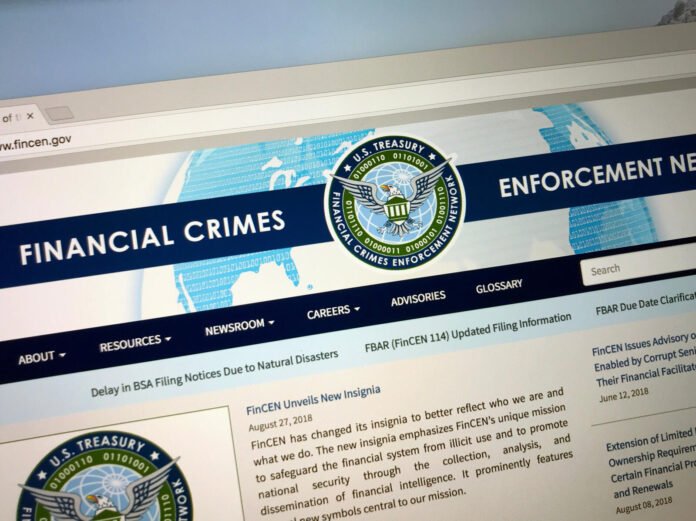The federal Corporate Transparency Act, meant to fight money laundering through shell companies, has faced whipsaw court rulings that pushed back the filing of required reports on beneficial ownership.
Millions of corporate entities will not have to share information about their owners with the Treasury Department after an appeals court reversed a decision that would have required them to do so starting Jan. 1.
Under the Corporate Transparency Act, an anti-money-laundering law that passed in 2020, companies would have had to turn over the identities of their “beneficial owners,” the people who own 25% or more of the company, or exercise significant control over it, by next year. But the law has been challenged in the courts.
This week a three-judge panel from the 5th U.S. Circuit Court of Appeals paused an injunction by a lower court, which allowed the law to go into effect.
But on Thursday, the court changed course, vacating its earlier decision “in order to preserve the constitutional status quo,” it said.
The new order means that a nationwide injunction, by Judge Amos L. Mazzant III of the Eastern District of Texas, that bars enforcement of the Corporate Transparency Act while the law’s constitutionality is considered by the courts will remain in force.
In a Tuesday court filing asking the 5th Circuit to reconsider its stay, opponents of the Corporate Transparency Act called it “a shockingly unconstitutional statute.” They said that by requiring companies to disclose information about their ultimate owners with the Financial Crimes Enforcement Network, or FinCEN, a bureau of the Treasury Department, the law had the potential to “injure tens of millions of Americans by forcing them to incur unrecoverable costs” for paperwork and compliance.
Opponents say the law infringes on anonymous owners’ First Amendment rights to free association and Fourth Amendment rights to keep their information private. They also argue that it infringes on the rights of states, where the companies are registered.
But the law’s supporters have said it is a necessary measure given how easy it is to form corporations in the United States without disclosing the identity of who owns or controls the new firm. Criminals and terrorists have been taking advantage of current U.S. practices, they say, to store assets in the country that are beyond the reach of law enforcement.
After the 5th Circuit panel stayed the injunction, FinCEN granted companies a 12-day extension to file. A second update said companies were now not required to file “while the applicable order remains in force.”
Litigation over the Corporate Transparency Act is now working its way through four of the federal appeals courts. The injunction by Mazzant was the first to pause the enforcement of the law across the country.
“I think this case is almost certainly going to the Supreme Court, either now or in the future,” said Caleb Kruckenberg of the Center for Individual Rights, one of the lawyers representing the plaintiffs.
FinCEN has estimated that 32.6 million companies would need to register under the law; Kruckenberg said the number of individuals affected would be at least three times that number.
